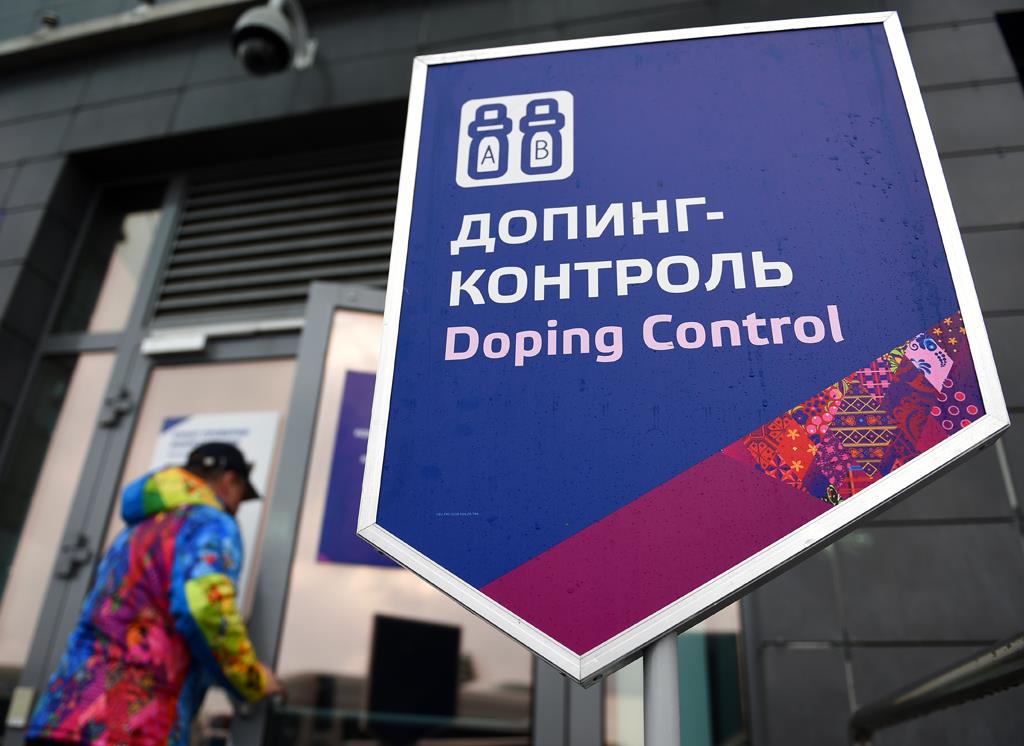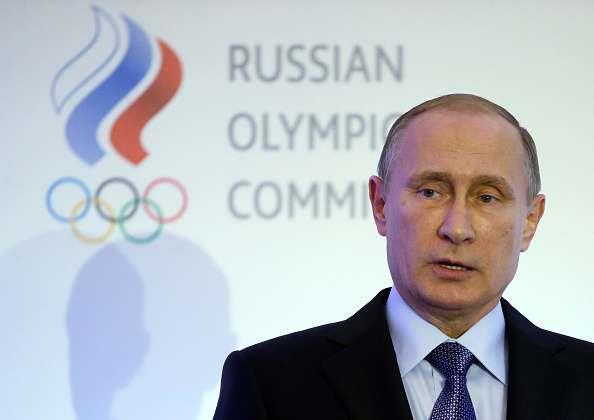Russia to participate in the Olympic Games despite the doping-scandal
July 25
Russia has been allowed to participate in the Rio Olympics. The International Olympic Committee (IOC) has decided not to impose the ‘unprecedentedly tough measures’ on Russia two weeks before the start of the Olympic Games.
Under the IOC ruling, the entire national team should assume responsibility for certain athletes’ actions. Therefore, each sports federation will study the dossiers of the athletes, who applied for participation in the Olympics. Only those, who have not been suspected in doping use, will be permitted to participate in the tournaments. In addition, all suspected participants will be required to undergo doping-tests again.
Darya Klishina, a long jumper, is the only one out of 68 Russian athletes, who has been permitted to participate in the Olympics. She has been training in the USA over the past three years. Yulia Stepanova, a runner, has been banned from participation in the Olympic Games. None of 8 weightlifters, as well as none of 28 canoeists will travel to Rio de Janeiro to participate in the Olympics. It has been also decided that Yulia Efimova, one of the best athletes out of 37 Russian swimmers, as well as part of the racers, will set to miss the Olympics. Russian tennis player, Maria Sharapova, has been also ruled ineligible to compete at the Games. Though 7 other Russian sportsmen and sportswomen will participate in the Olympics in this type of sports. Russian judo team will compete at the Games in full composition.
The IOC Executive Board had to make a hasty decision on Russia under pressure. A doping scandal involving Russia broke out in December 2014, after the German ARD broadcaster had showed a documentary titled ‘The Doping Secret: How Russia Creates Champions’ about doping in the Russian sport.
July 19
Russia may be banned from participating in this summer’s Olympic and Paralympic Games. The reason for this is that Russia has operated a state-sponsored doping program for 4 years.
The International Olympic Committee (IOC) is expected to decide on Tuesday, July 19, whether to ban Russia from participating in the Olympic Games in Rio de Janeiro, which are set to begin on August 5, or to show a more liberal attitude.
The IOC President, Thomas Bach, pledged to carry out ‘the toughest sanctions’, since the findings of the investigation has revealed ‘a shocking and unprecedented attack on the integrity of sports and on the Olympic Games.

WADA investigation findings
The World Anti-Doping Agency (WADA) analyzed 580 urine samples taken from the Russian athletes and found they were positive for one or more anabolic steroids. These studied samples were taken from representatives of 30 types of sports during the 2012 London Olympics and 2014 Sochi Olympics.
As Dr. Richard McLaren pointed out in his investigative report released on July 18, the Russian Sports Ministry had swapped the positive doping-test samples with negative ones. During this time, the Ministry was supported by the RF Federal Security Service (FSB), Russia’s Anti-Doping Agency and the National Teams Training Center.
The test samples were reportedly swapped out in 2011-2015, during the summer and winter Olympics, with the aim of improving the country’s sports achievements.
According to the report, during the 2014 Sochi Olympics, the positive urine samples were swapped out with clean ones from a freezer through a ‘mouse hole’, with FSB agents on hand in the Sochi laboratory disguised as maintenance workers.
The information that instigated wide-scale investigation was made public by Grigory Rodchenkov, the former head of Russia’s national anti-doping laboratory. Meanwhile, the Russian president, Vladimir Putin called Rodchenkov ‘a person with a scandalous reputation.’

Russia’s response
Putin stated that he would dismiss everyone named in McLaren’s report. According to the Russian media, Yuri Nagornikh, the Deputy Minister of Sports, is on the top of the would-be dismissed officials’ list.
Meanwhile, Kremlin appealed to the World Anti-Doping Agency (WADA), requesting it to provide Russian investigative bodies with more comprehensive, impartial and fact-based information.
Published: 19.07.2016




















